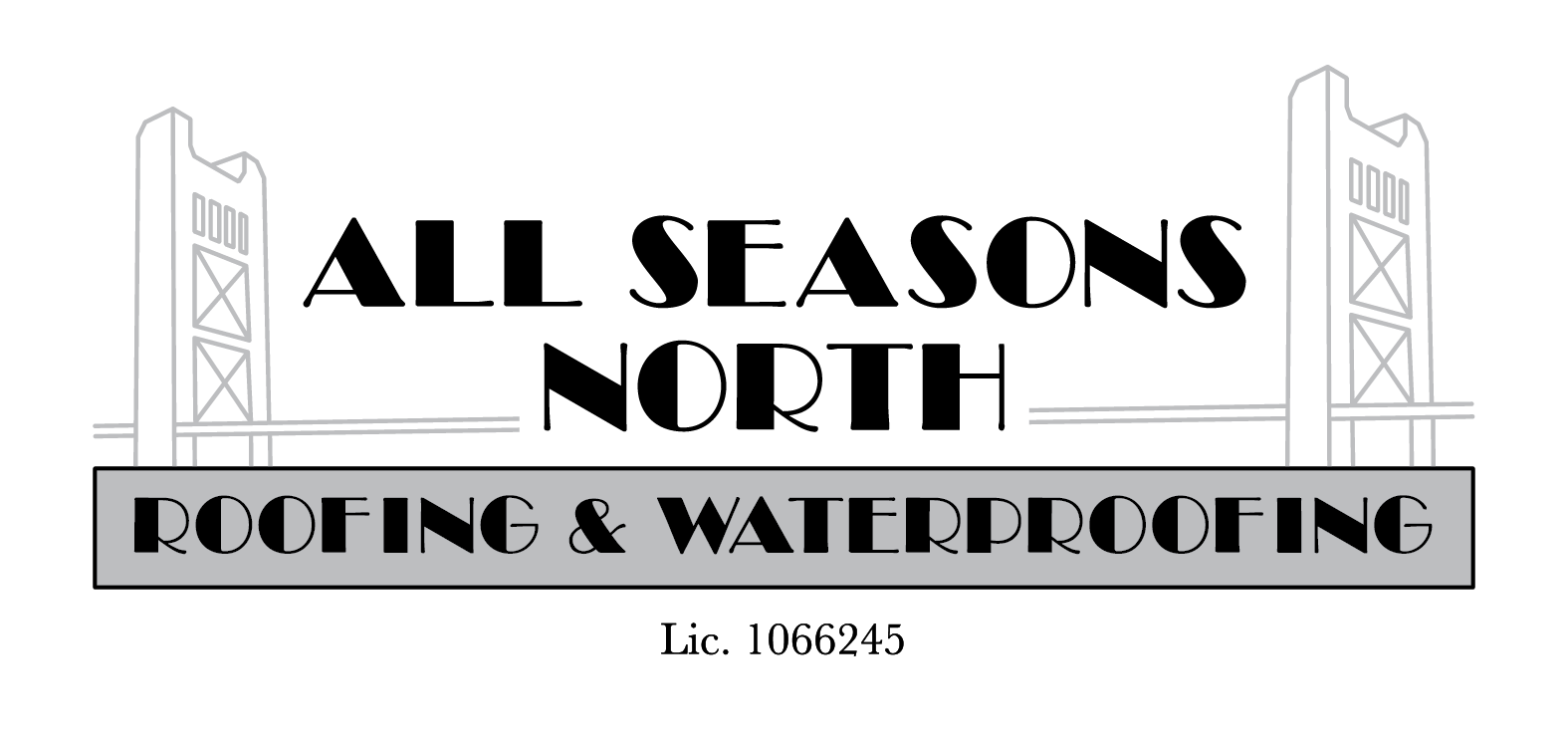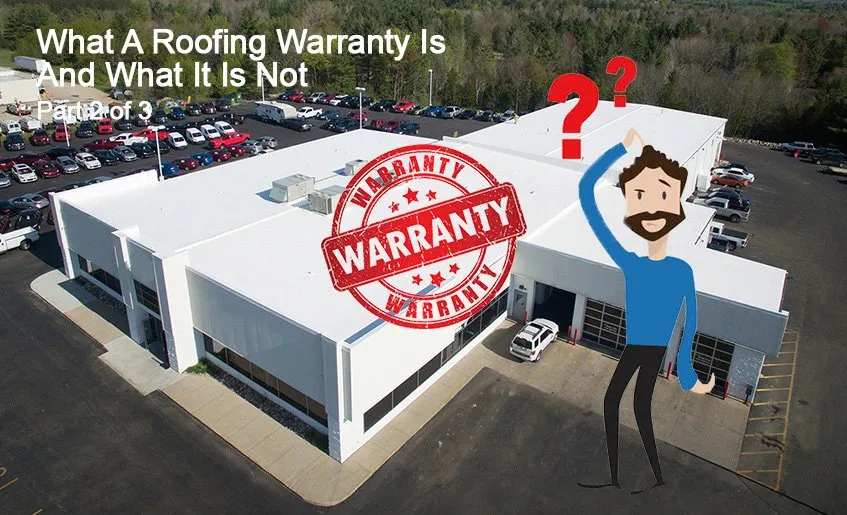The Benefits of a Roof Warranty
Roof warranty is important as it gets the manufacturer involved in the roofing project, but not all roof warranties seem to provide guarantees which make people question if they are beneficial or not. The roofing material manufacturer’s involvement can help make sure the system meets the expected standards and qualifications. A manufacturer typically requests that contractors submit the systems they intend to use before a project even starts. Not every project will have a roofing engineer involved, so having the roofing material manufacturer involved is important for the review and evaluation of the system.
Any manufacturer will also perform a roof inspection to ensure that the roofing system was applied according to their regulations and instructions. Then they will issue the roof warranty. While this may be more for their benefit than yours, having this extra set of eyes on the roof is better than nothing. Typically, roofing material manufacturers have lists of approved contractors/installers and these will need to be used in order to get the roof warranty. Being selective about the contractor can mean you get higher-quality service as the manufacturer will want only the best associated with their product.
In the event you need to sell the property, some roof warranties can be transferred. This provides some comfort to the buyer. Buyers should be aware that a valid roof warranty does not replace diligence, and they should always have a roof inspection done by a qualified roofing contractor before signing any paperwork.
Owner Responsibilities
Roof warranties do have advantages for building owners too. They can ensure that repairs and roof replacements are taken care of should an issue arise as a result of product failure or poor installation. As long as you have kept to the owner’s responsibilities portion of the roof warranty, then any work needed will be taken care of. This means it is important to read through and understand these responsibilities fully.
Roof maintenance is the most important of these responsibilities. A common mistake of owners is to evaluate a roof warranty based on length, but the length of a roof’s service rarely has anything to do with the roof warranty. Having a longer roof warranty does not necessarily make the coverage better. The life of a roof is related to its design, installation, and maintenance. Manufacturers are aware that maintenance is critical to a roof lasting. Because of this, many will require that maintenance is kept up in order for the roof warranty to be upheld.
A lack of maintenance is the most commonly cited reason why a roofing material manufacturer will not cover roof repairs. And it makes sense. If you do not properly care for your roof and it fails or gets a leak, then it is not fair to expect a roof warranty to cover the damages. So make sure you know what you are responsible for and keep up your end of the contract.
An additional responsibility building owners have is to notify the manufacturer of any roof leaks within 30 days. If not, the roof warranty can become void and you will have to cover the cost of roof repairs. Roofing material manufacturers do this so that roof leaks are taken care of early before they become more extensive and more costly. Fixing a small roof leak costs less money and time than having to replace an entire roof damaged by water.
One final aspect of roof warranties to remember is exclusions. Many will have exclusions where the roof warranty will not cover certain things. Most often these include:
- The wind that is stronger than gale force
- Standing water
- Structure movement
- Use of materials not provided by the manufacturer
- Blistering
Make sure you are familiar with any and all exclusions.
To be continued…

